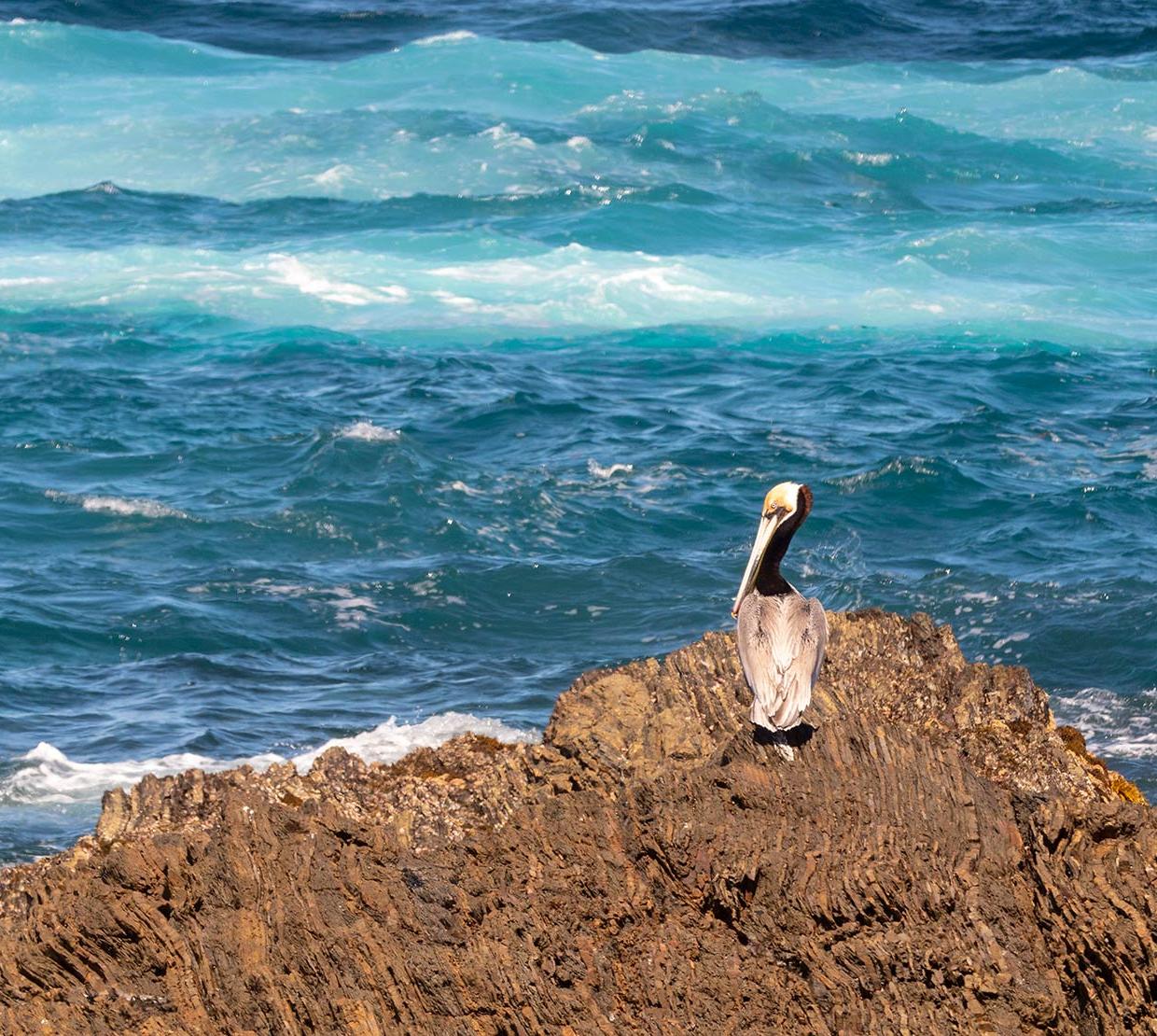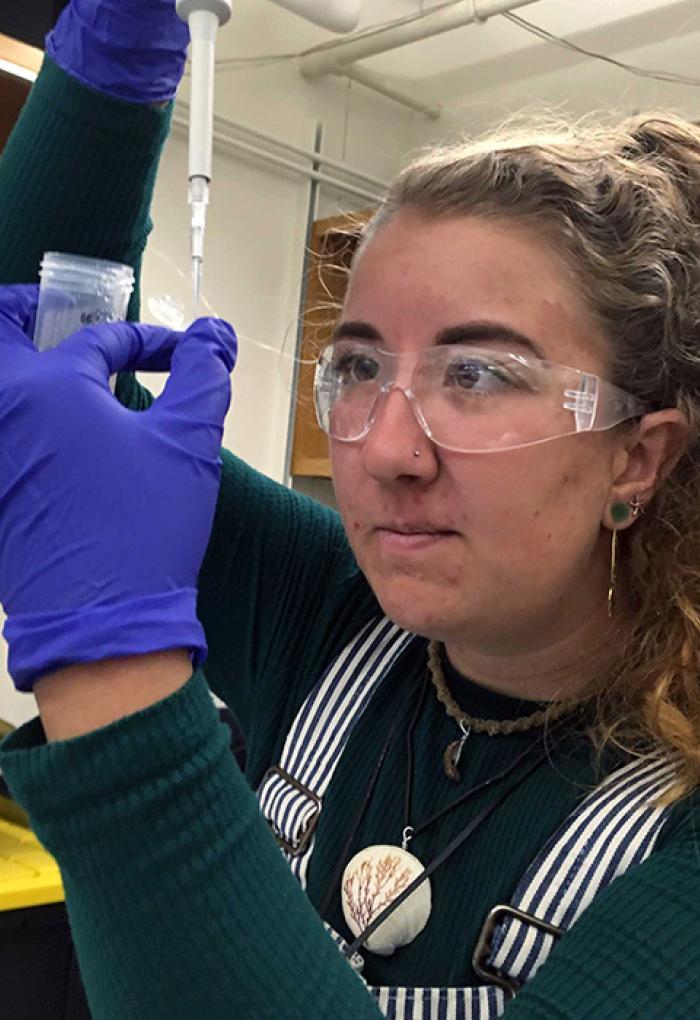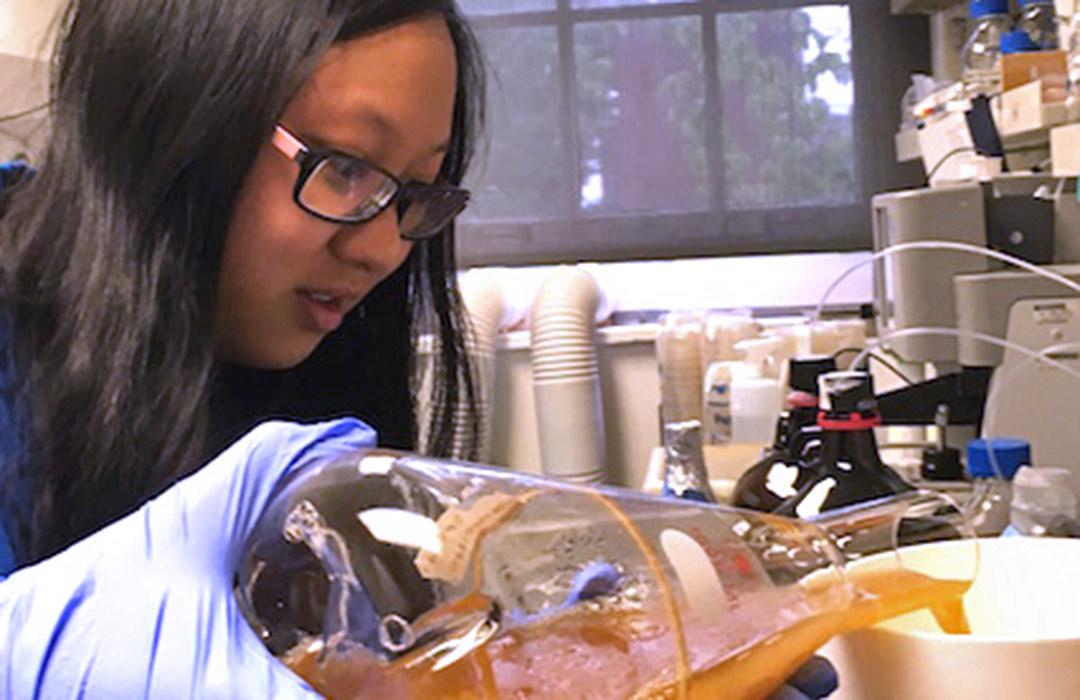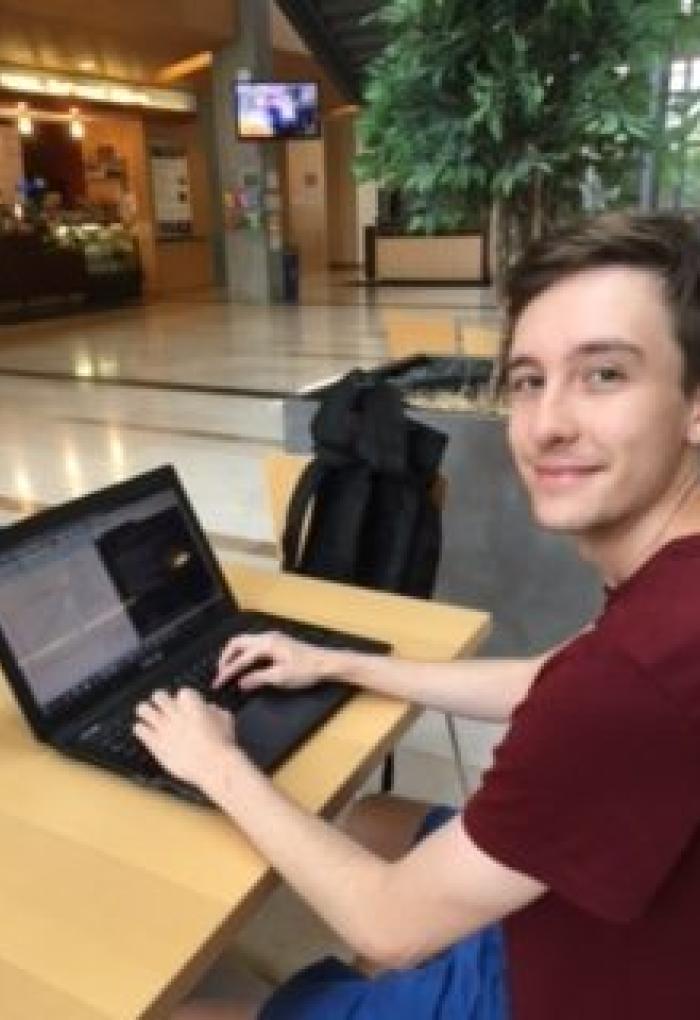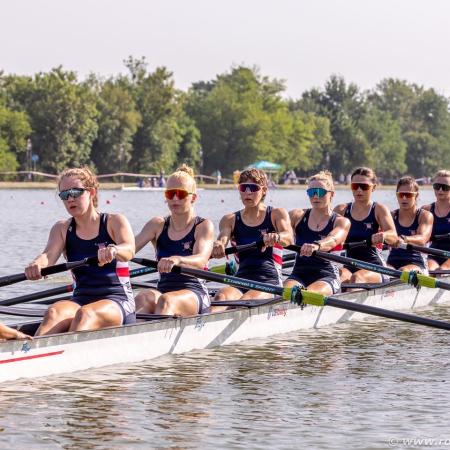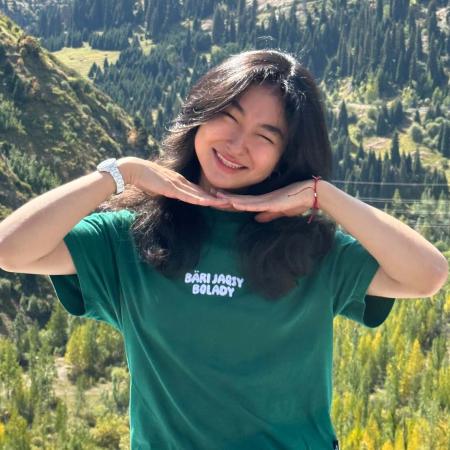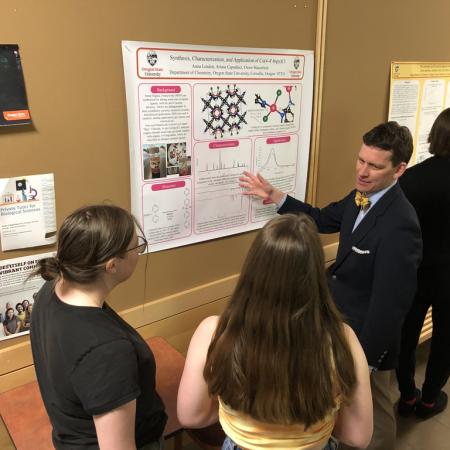Sonora, who grew up in Beaverton, Oregon, was drawn to Oregon State University because of its strong dedication to marine sciences, including their hands-on classes at the Hatfield Marine Science Center in Newport.
But what drives Sonora’s interest in marine biology these days?
“I’m really passionate about maintaining our ability to breathe,” says Meiling. She is referring to the research she does in the Vega Thurber Lab in OSU’s Department of Microbiology studying phytoplankton, microscopic ocean organisms that produce 50-80% of the oxygen in our atmosphere.
Meiling’s participation in the OSU STEM Leaders, a program designed to increase diversity and undergraduate success in STEM fields, inspired her to become involved in undergraduate research during her freshman year. She worked in Dr. Eli Meyer’s Lab in the Department of Integrative Biology for two years extracting, isolating, and characterizing green fluorescent proteins from three local anemone species.
When the lab ran out of funding to buy materials for her research, Meiling moved to her current position in the Vega Thurber Lab where she researches the effects of nutrient density on the microbiome of coral reefs before, during and after mass bleaching events.
Coral reefs are diverse and delicate ecosystems that host a plethora of bacteria and fungi species that make up the reef’s microbiome. When a type of photosynthetic (oxygen-producing) plankton called zooxanthellae leaves the coral host for a significant amount of time, this is called coral bleaching. If bleaching persists for a significant amount of time, the coral, which relies on the microscopic plankton for nutrients, will die.
Right now, Meiling is working on extracting and sequencing the DNA of three coral species that have undergone a mass bleaching event off the coast of Mo’orea, a small island in French Polynesia. Her work will help elucidate the changes in microbiome composition during bleaching events and discover if the application of nutrients could help mitigate the detrimental effects of coral bleaching.
In the last couple of years, Meiling has attained six levels of ocean dive certification through her academic option in marine biology, presented posters on her research at two OSU undergraduate research conferences, and helped to develop a novel research project in a class she took at OSU’s Hatfield Marine Science Center on the coast. The original week-long assignment turned into a long-term investigation with Sarah Henkel, a senior researcher at Hatfield Marine Science Center, into the potential for zinc anodes to affect the crab yields of Oregon coast fishermen.
Meiling’s unique experience of doing independent research projects in three different OSU labs has allowed her to build more professional connections, expand her repertoire of laboratory and field research skills, and further define her career interests. This summer, she received a SURE (Summer Undergraduate Research Experience) scholarship from the College of Science that allowed her to become more deeply involved in research by working full-time on her project. The funding enabled her to go to the island of Mo’orea for a month with Dr. Thurber to dive and collect coral samples herself. She recently received an internship from the University of Paris to spend three more months at their research station in Mo’orea.
In addition to her research, Meiling finds time to play on OSU’s varsity rugby team and is a mentor for the OSU STEM leaders program, a NSF-funded project that promotes the success and diversity of undergraduates in STEM through workshops, peer mentoring, and faculty-mentored undergraduate research experiences.
Meiling plans to attend graduate school to continue studying the marine environment.
“I want to do something that gets me out in the water, for sure, doing research that will help us save the ocean. Educating the public about climate change and its impact on ocean ecosystems is also very important to me.”
Chemistry student pursues antibacterial research to cure chronic disease
Kathryn (Katie) Chen is a senior chemistry student who is passionate about medical care and medical research. She received a SURE Science scholarship to isolate anti-tuberculosis metabolites from microbes under the guidance of Dr. Sandra Loesgen in the Department of Chemistry.
